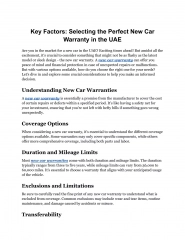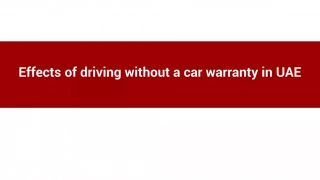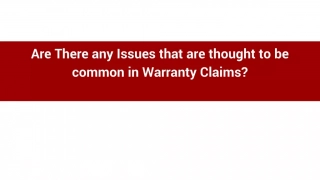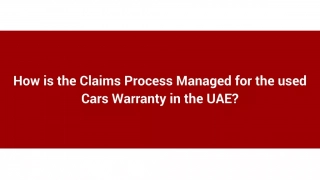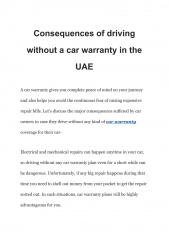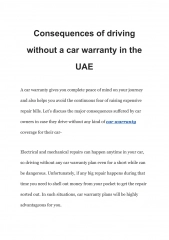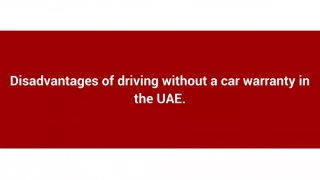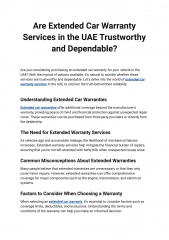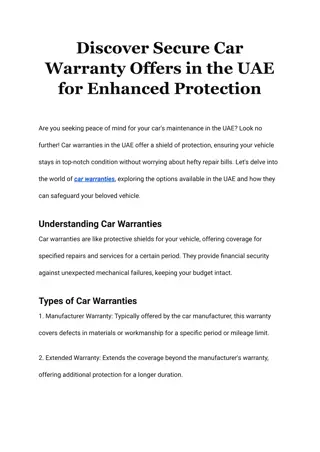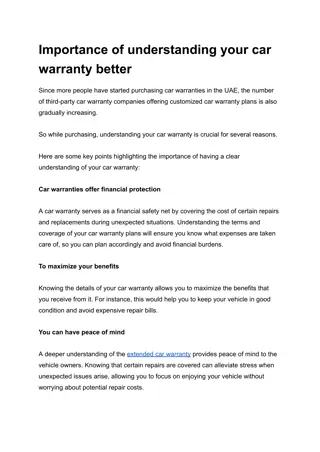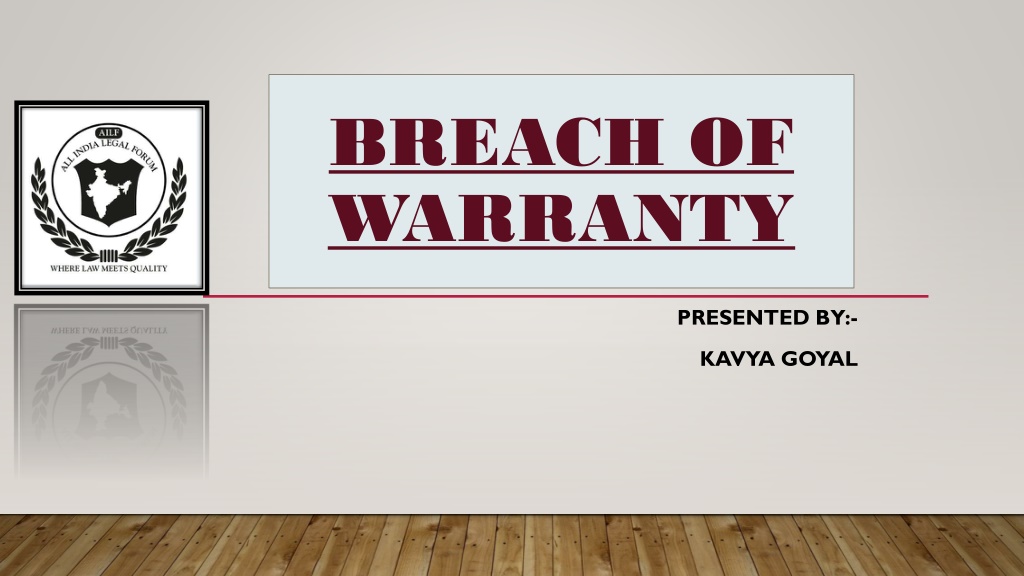
Understanding Types of Warranties and Breach of Warranty
Explore the concept of warranties, including express and implied warranties, and learn about the potential breach of warranty scenarios. Discover the implications for both sellers and buyers in different warranty situations.
Uploaded on | 0 Views
Download Presentation

Please find below an Image/Link to download the presentation.
The content on the website is provided AS IS for your information and personal use only. It may not be sold, licensed, or shared on other websites without obtaining consent from the author. If you encounter any issues during the download, it is possible that the publisher has removed the file from their server.
You are allowed to download the files provided on this website for personal or commercial use, subject to the condition that they are used lawfully. All files are the property of their respective owners.
The content on the website is provided AS IS for your information and personal use only. It may not be sold, licensed, or shared on other websites without obtaining consent from the author.
E N D
Presentation Transcript
BREACH OF WARRANTY PRESENTED BY:- KAVYA GOYAL
TABLE OF CONTENT TABLE OF CONTENT WHAT IS WARRANTY TYPES OF WARRANTY EXPRESS WARRANT IMPLIED WARRANTY BREACH OF WARRANTY CONCLUSION
WHAT IS WARRANTY? WHAT IS WARRANTY? A Warranty is a condition present within a contract between the parties. It is also refers to the terms and situations in which repairs or exchanges will be made in the event that the product does not function as originally described or intended.
TYPES OF WARRANTY TYPES OF WARRANTY There are two main types of warranties, that are: Express Warranty Implied Warranty
EXPRESS WARRANTY EXPRESS WARRANTY By way of Speaking or Writing No additional cost to fix the problem For example, if a scooter dealer describes a scooter s mileage to its customer of running about 55 km/lt and the scooter shows the exact mileage warranted by the dealer then there is no breach of express warranty but if it does not show the mileage as warranted by the dealer then it definitely is a breach of express warranty.
IMPLIED WARRANTY IMPLIED WARRANTY Which are forced upon the seller by the law. Not express by the sellers. Section 14-17
TYPES OF IMPLIED WARRANTY TYPES OF IMPLIED WARRANTY There are two main types of Implied Warranty, that are : The Implied Warranty of Merchantability The Implied Warranty of fitness for a particular purpose
THE IMPLIED WARRANTY OF MERCHANTABILITY Section 14 The implied warranty of merchantability means the goods are merchantable and conform to a reasonable buyer s expectations. Most consumer products have an implied warranty of merchantability. This warranty makes the assumption that a good or product works for its intended purpose. It applies not just to new items, but for used items as well.
FITNESS FOR A PARTICULAR PURPOSE fitness means a product is guaranteed for a specific purpose. For example, if you tell a salesman you want a saw for cutting metal and it turns out it won t cut through metal, you may return the item under the implied warranty of fitness. With the warranty of fitness, the good or product works fine, but it does not meet the buyer s intended use.
OTHER RELATED PROVISIONS OTHER RELATED PROVISIONS Section 15 SALE BY DESCRIPTION All the descriptions have to fulfil by seller. Section 17 SALE BY SAMPLE The bulk shall correspond with the sample in quality That the buyer shall have a reasonable opportunity of comparing the bulk with the sample
BREACH OF WARRANTY BREACH OF WARRANTY Both the express and implied warranties are breached in a similar manner There are certain rights available for the buyer against the breach, these are: The buyer has an explicit right to revoke or reject the contract of buying of goods The buyer is entitled to recover any damages incurred by purchasing substitute goods and bi difference between the market price of the substitute goods and contract price. Buyer can can also claim and recover monetary compensation by giving prior notice Buyer can claim compensation for any incidental losses.

